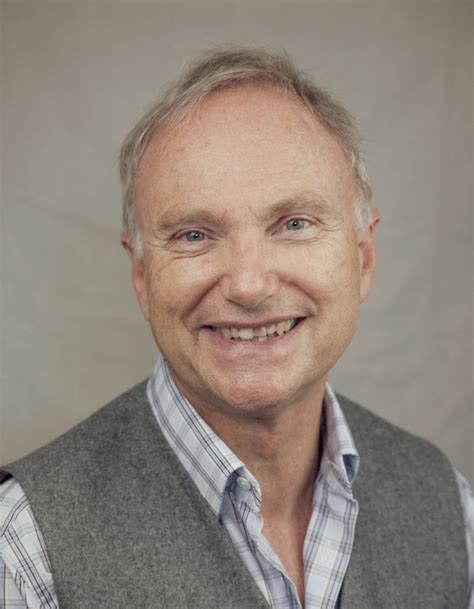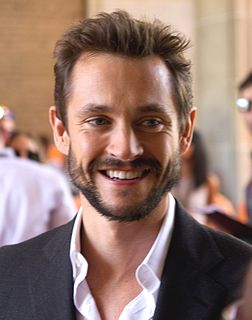A Quote by Gary Numan
I was a loner as a child and happiest at home, launching toy rockets and aeroplanes. When I started causing trouble in my third year at grammar school, Mum was really surprised. My parents sent me to a child psychologist, who suggested I might have Asperger's syndrome.
Related Quotes
There are many facts within fiction. This captivating story provides invaluable insights into the childhood of a girl who has Asperger’s syndrome. Fiction allows the author to explore different perspectives and add poignancy to the experiences of sensory sensitivity and being bullied and teased of someone who has Asperger’s syndrome. The title Delightfully Different describes Asperger’s syndrome but also the qualities of this novel.
A child is not a Christian child, not a Muslim child, but a child of Christian parents or a child of Muslim parents. This latter nomenclature, by the way, would be an excellent piece of consciousness-raising for the children themselves. A child who is told she is a 'child of Muslim parents' will immediately realize that religion is something for her to choose -or reject- when she becomes old enough to do so.
Please don't kill the child. I want the child. Please give me the child. I am willing to accept any child who would be aborted, and to give that child to a married couple who will love the child, and be loved by the child. From our children's home in Calcutta alone, we have saved over 3,000 children from abortions. These children have brought such love and joy to their adopting parents, and have grown up so full of love and joy!
And those handmade presents that children often bring home from school: They have so much value! The value is that the child put whatever he or she could into making them. The way we parents respond to the giving of such gifts is very important. To the child the gift is really self, and they want so much for their selves to be acceptable, to be loved.
The first question she was asked was What do you do? as if that were enough to define you. Nobody ever asked you who you really were, because that changed. You might be a judge or a mother or a dreamer. You might be a loner or a visionary or a pessimist. You might be the victim, and you might be the bully. You could be the parent, and also the child. You might wond one day and heal the next.
The character of a child is formed largely during the first twelve years of his life. He spends 16 times as many waking hours in the home as in the school, and 126 times as many hours in the home as in the church. Each child is, to a great degree, what he is because of the ever-constant influence of home environment and the careful or neglectful training of parents. Home is the best place for the child to learn self-control, to learn that he must submerge himself for the good of another. It is the best place in which to develop obedience, which nature and society will later demand.
Conscious parenting is a new paradign shift in the way we look at our roles as parents. It's turning the spot light away from fixing the child and managing the child, obsession with all things that have to do with the child and the child centric approach and really focusing on the evolution of the parent. It about fully understanding that unless the parent has raised themselves to a certain level of emotional integration and maturity, they will really not be able to do true service to the child's spirit.
Sometimes a child will get lucky and be placed with foster parents who are loving and supportive and who consider that child their own. But for many, that doesn't happen. Kids are moved around from home to home, to group home and institutions, until they are 18, when they are considered adults and the system is finished with them.
So you grow up with those messages, "You're a failure, you embarrass me, that's why I dress you in dark colors etc." or even when parents commit suicide, the child may think they were a failure as a child causing that. The majority of those people who weren't loved turn to drugs and alcohol and suicide.
As a child, I lived with being punier than other boys in class. The only consolation was my parents' empathy - they encouraged constant trips to the local drugstore for chocolate milk shakes to fatten me up. The shakes made me happy, but still, all through grammar school, other kids shoved me around.




































